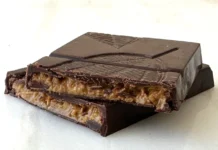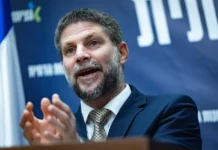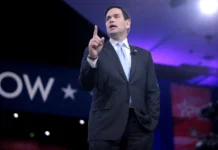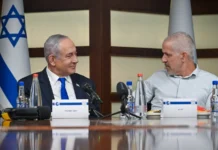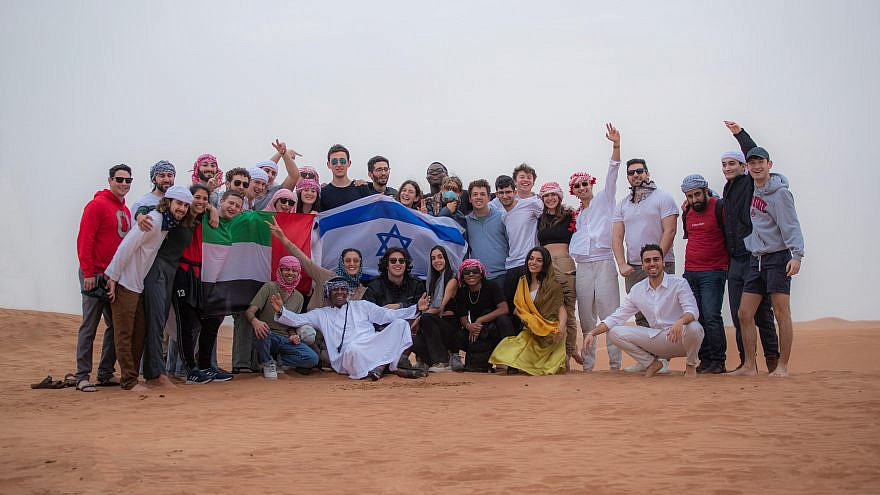The economic and national security impacts of the Abraham Accords have received widespread attention. A lesser-explored theme is that the kids—or in this case young adults—are alright.
Having checked in with JNS within the first 24 hours of arriving in Israel, some of the 40 undergraduate student leaders who participated in the Israel on Campus Coalition’s inaugural Geller International Fellowship shared their experiences with JNS after completing the 10-day trip to Israel and the United Arab Emirates. Several cut significantly against the typical narrative about Israel.
An aspiring diplomat, Valdez sees the trip as a “preview of what I would want to do in the future.”
Kameron Smith, a political science and pre-law student at Morehouse College, a historically black Atlanta school, comes by his Zionism via social justice and human rights work.
“In America, as a black man, the way that you guys were feeling is how I feel walking through certain neighborhoods every day back home,” he said.
To prepare for the trip—whose itinerary featured Jerusalem’s Old City, Bethlehem, Aida, and Dubai’s skyscraper Burj Khalifa and famous mall—the fellows participated in months of online education, learning about the region. The trip was the program capstone.
Abe Baker-Butler, who studies global affairs and cognitive science at Yale University, where he is also a student senator, was previously an American Jewish Committee fellow. He was recently accepted to Yale’s global health program.
Before touring Bethlehem with a Palestinian guide and chatting with a resident of the West Bank settlement Efrat on the trip, Baker-Butler had never visited either city–nor any West Bank settlement. The experiences “really drove home for me the nuance and complexity of the situation,” he told JNS.
Brown University pre-med student Kamala Kenny, who is part of her school’s Hillel chapter, told JNS she was touched to see smiling children playing soccer in West Bank streets.
As a black woman, who doesn’t often feel safe in America, Kenny said Hillel and other Jewish spaces, including on her trip in Israel, feel very welcoming.
At the top of Burj Khalifa, some 2,700 feet up, Washington, D.C., native Keron Campbell, now also of Morehouse College, was dazzled by the human ingenuity. “Thank you God for the human brain,” he said. “It was surreal just being that high up.”
Maria Viramontes, a Jewish student at the University of Texas at San Antonio student who is a student leader at Hillel, said the trip to Israel—her first—clarified similarities between her Mexican culture and that of Israel. Israelis are very warm and family-oriented, she said.
Many of the students said that tolerance seemed to be an important part of the culture in the UAE. “I’ve never been to a place where I’ve felt so much safety. So much respect for people,” Campbell said.
Cuban-born Daniel Badell, of University of Florida, appreciated bonding, as a non-Jew, with Orthodox Jewish colleagues, particularly on Shabbat. At a kosher restaurant “literally in the middle of nowhere in the desert” in the UAE, he appreciated seeing the place full of Jews, largely Israelis. “I got to see what the Abraham Accords was all about,” he said.
For Tessa Veksler, a University of California, Santa Barbara student and daughter of Ukrainian Jewish refugees, it was apparent even before landing what the Abraham Accords was all about.
“Sitting on a flight that’s flying from Tel Aviv to Dubai. It’s revolutionary,” she said. “I never thought I would get the opportunity to do something like this.”

